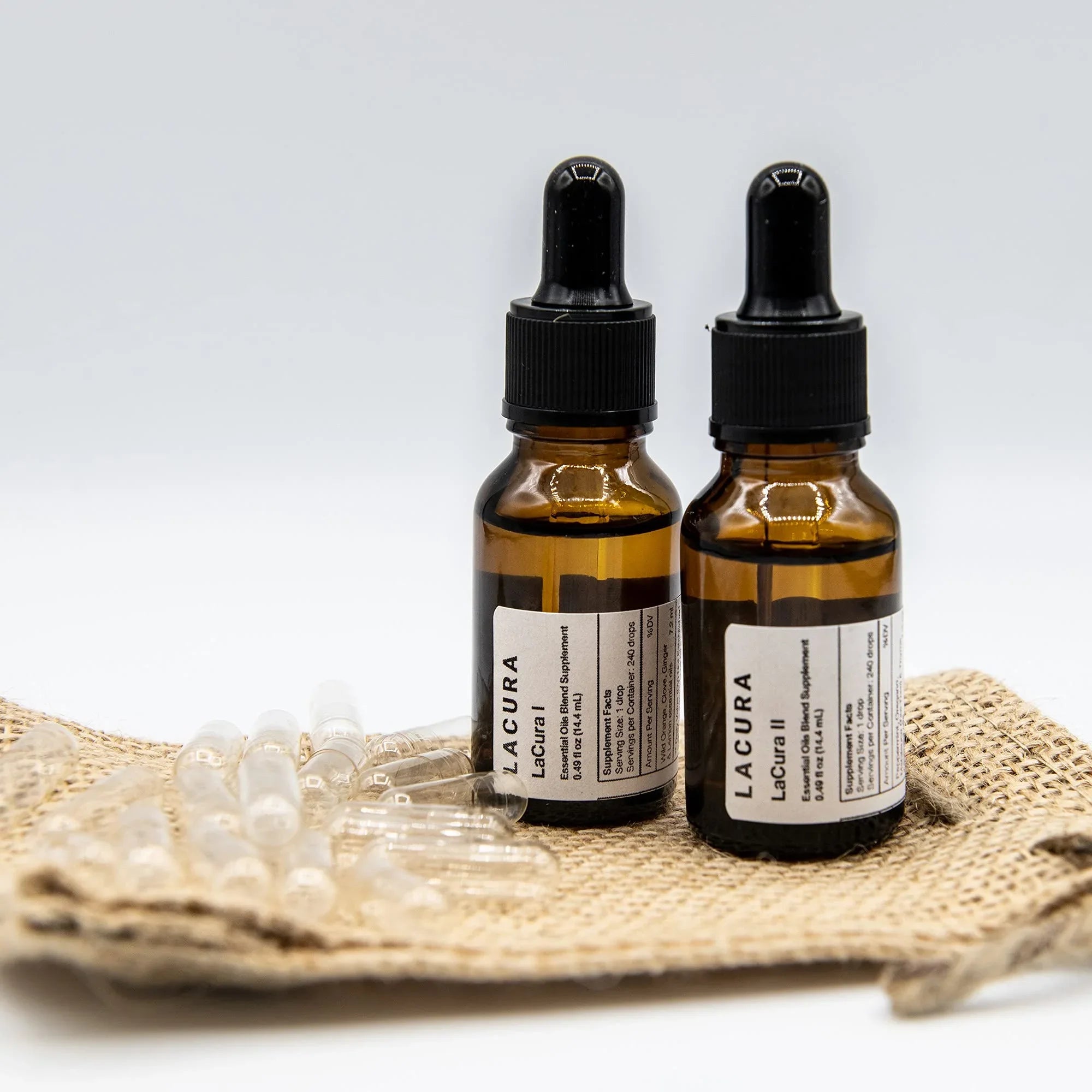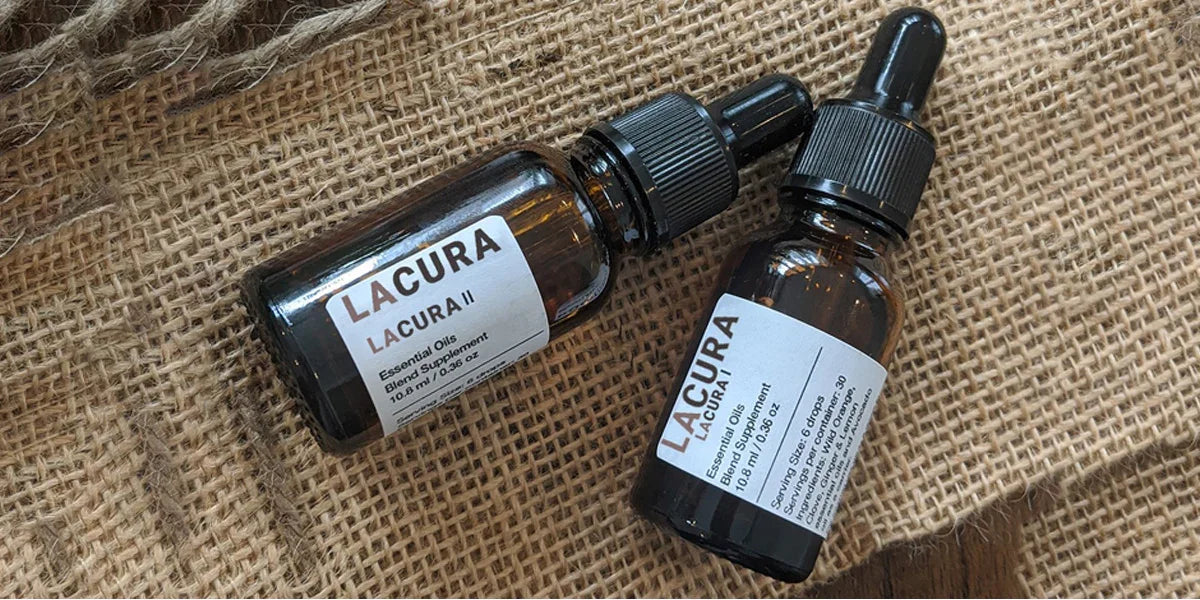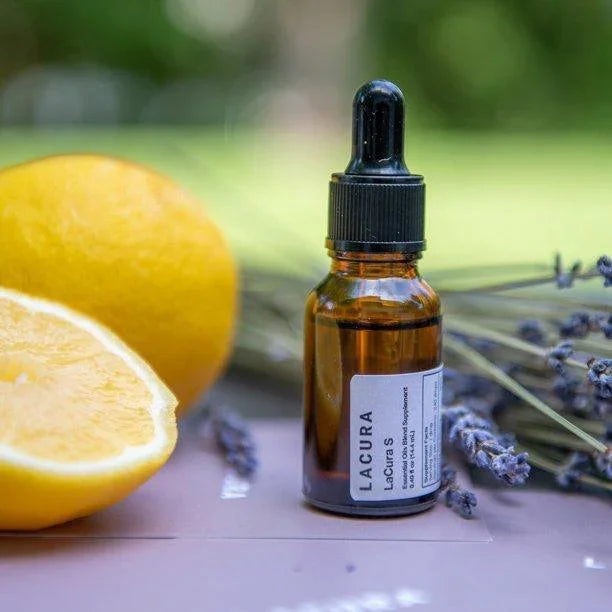There are many hair issues that women experience, and when hair loss occurs, it can be very difficult to deal with.
This could affect our confidence, and potentially our mental health levels as well. By the time women turn 40, almost 50% are likely to face hair loss that is visible.
When you experience hair loss, it’s something external, yet this is an indication that something internal is going on in your body. Hair loss is an indicator that something may have been going on for a while and the body is imbalanced, and it could be stress related as well.
What is the cause?
It’s important to have blood work done to check on what’s going on in the body to see what the cause is. When people initially have hair loss, they tend to go out and buy vitamins and believe this will help the problem and will strengthen and thicken their hair.
However, it could be that the GI tract is not properly absorbing these new vitamins and minerals they are taking, or they have leaky gut, and taking vitamins will not help.
There doesn’t seem to be a quick fix.
There’s a long list of additional possible contributors to hair loss, including factors such as age and genetics. In addition, your hormones are essential chemical messengers that regulate most every function of your body – and the growth of your hair is no exception.
Menopause, postpartum, hypothyroid and hyperthyroid are all hormonal reasons for hair loss. Scalp infections, cancer treatment and chronic stress can all be the cause of hair loss as well.
Anxiety, and psychological duress can be a major trigger for hair loss in women. In fact, recently, there’s been a phenomenon of hair loss due to elevated stress levels during the pandemic that we have been going through.
Your immune system is designed to protect you from potential harm by targeting, attacking, and eliminating any foreign invaders consistently. However, sometimes, your immune system can essentially get stuck in the “on” position, which could cause chronic low-level inflammation. Over time, this can burn your immune system out – causing it to begin attacked with less accuracy.
This loss of accuracy amidst your immune system can result in your immune system accidentally attacking your own tissues, which includes your hair follicles. Some of the biggest culprits that can lead to this immune system burnout are:
- Infections
- Toxins
- Impaired gut health (i.e. leaky gut)
- Lack of sleep
- An inflammatory diet
You’re Not Alone.
Considering the current state of the world, it comes as no surprise that dermatologists are seeing a spike in patients suffering from prolonged stress-related hair issues, so if you’ve been noticing excess shedding or thinning over the past 11 months, know that you’re not alone in this.
There’s no magic remedy to quickly regrow lost hair, yet evidence has shown that certain essential oils can be quite beneficial for anyone looking to reverse the effects of hair loss or boost growth in general.
For example, studies show aromatherapy to be a safe and effective treatment for alopecia areata. Treatment with these essential oils was significantly more effective than treatment with the carrier oil alone. PubMed
Essential oils are distilled from the plant itself. They have the signature scent of the plant they came from, and they’re highly concentrated. For instance, it takes 220 pounds of lavender flowers to make a single pound of lavender oil. webmd
While more research is needed, some evidence does exist to suggest that essential oils can help hair to grow healthier and stronger. medicalnewstoday
These 7 LaCura Essential Oils Can Help Regrow It
Peppermint: Helps promote hair growth. One animal study found that topical application of peppermint oil increased the number of follicles, follicle depth, and overall hair growth. womensworld
Tea Tree: Tea tree is commonly used in anti-dandruff treatment products, powerful cleansing, antibacterial, and antimicrobial properties, and can help unplug hair follicles and increase hair growth.
Rosemary: Improves both hair thickness and hair growth. Rosemary essential oil is the first essential oil that comes to mind when thinking about ways to improve hair growth and strength. It stimulates hair growth by dilating the blood vessels and promoting cell division in the scalp, thus delivering the nutrients and oxygen needed for follicles to grow. Byrdie
Lavender: Can speed up hair growth, has antimicrobial and antibacterial properties, which can improve scalp health.
Lemongrass: Effective dandruff treatment.
Clary Sage: Improves hair strength, in addition to increasing hair growth, making hair more difficult to break.
Cedarwood: Promotes hair growth and reduces hair loss by balancing the oil-producing glands in the scalp. It also has antifungal and antibacterial properties, which can treat different conditions that may contribute to dandruff or hair loss.
An additional benefit some essential oils have is improving hair health externally. Different oils can do everything from helping hair grow to adding strength and shine. Healthline.com
Good News!
There are some aspects of female hair loss that we can’t control – like genetics and your natural aging processes. But the good news is, in addition to essential oils, there are some simple lifestyle changes you can implement to address some of the root causes of hair loss in women.
These include:
- balancing your hormones
- combating inflammation
- improving your response to stress
- eating healthy food
- incorporate de-stressing activities into your life
- get more sleep (see sleep article)
“Essential oils can be a great addition to your health and wellness routine,” says board-certified dermatologist and Harvard-trained Mohs surgeon Dr. M. Henry. “They can both slow down hair loss and increase hair growth, depending on your unique needs.” Coveteur
How To Safely Use Essential Oils In Your Hair
Essential oils are strong, and are highly concentrated and potent, so they should always be diluted before being applied to the skin or scalp to avoid irritation. One way to do this is with a carrier oil which boasts a number of their own benefits that contribute to hair growth and loss prevention as well. They can help condition the hair shaft and cuticle, protecting it from damage and breakage.
Carrier oils are typically neutral and include varieties such as coconut, jojoba, avocado, olive, and grapeseed.
In conclusion, essential oils can help you improve the health of your hair with very little risk of side effects at an affordable price point. They’re also easy to use.
For many, mixing some with a carrier oil or your shampoo and applying that to your scalp regularly can increase hair growth, strength, or shine. Healthline.com
Head over to LaCuramor.com and ask our experts any question you have about hair loss and repair, and for a recommendation on what essential oil to start with.
To evaluate for irritation, test a small amount on a small patch of skin before full use. Contact your medical provider before using any product.






